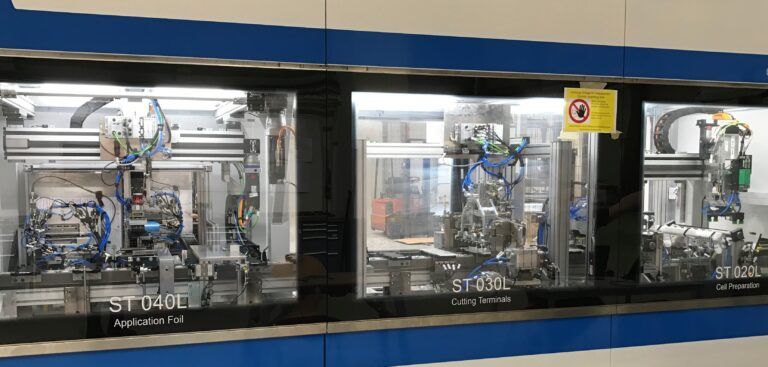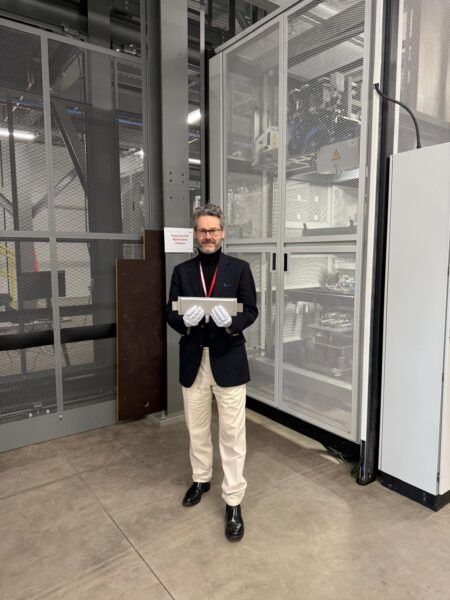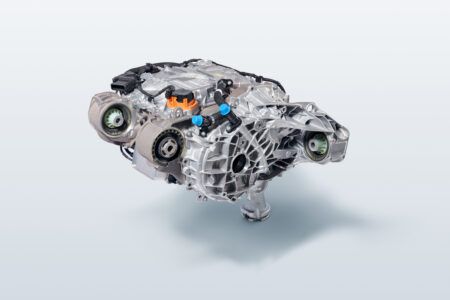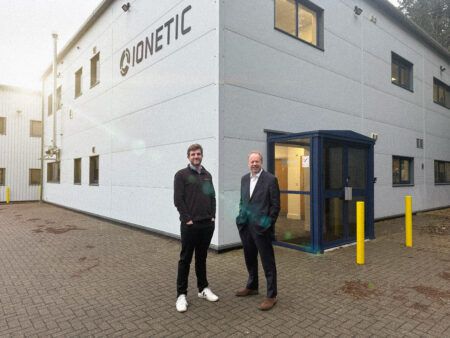The market for battery electric vehicles (BEVs) and stationary battery storage systems is growing rapidly. Ensuring the underlying technologies are both climate friendly and sustainable requires an integrated approach. TÜV SÜD has developed a sustainability assessment scheme for battery production which is currently undergoing implementation for the first time in a pilot project with Microvast GmbH.
The TÜV SÜD sustainability assessment covers the entire value chain of battery production – from the delivery of resources and production of raw materials and batteries to recycling and disposal. When developing the scheme, the experts at the international provider of testing and certification services were guided by the holistic sustainable development goals (SDG) of the United Nations. “Using the SDGs as a basis, we defined specific criteria and indicators that allow us to assess sustainability,” says Lucas Wagner, the project manager at TÜV SÜD Industrie Service GmbH. Proceeding from an analysis of the actual situation, the sustainability assessment team also identifies opportunities for improvement of sustainability.
Regarding SDG 7, “Affordable and clean energy”, for example, the TÜV SÜD experts review the documentation on energy consumption and use of energy from renewable sources and work with their customers to define actions that can further improve sustainability, for example by increasing energy efficiency. “Our sustainability assessment is a process that verifies the implementation of sustainability goals through regular tracking and monitoring,” says Wagner.
The TÜV SÜD sustainability assessment is now being implemented in practice for the first time in a pilot project at Microvast GmbH. Microvast GmbH is a subsidiary of Microvast Inc., a US high-tech company that researches, develops and produces materials and cells for lithium-ion batteries as well as entire battery modules, systems and integrated system solutions.
Microvast products are used in electric vehicles, but also in stationary energy storage systems for power networks and many other applications. “By developing our innovative products and technologies, we are making a significant contribution to achieving the climate targets and combating climate change,”said Sascha Kelterborn, senior vice president of Microvast. “However, for this to make sense, we need to ensure ‘genuine’ sustainability. Sustainability assessment by TÜV SÜD offers us the opportunity of scrutinizing our actions and products in this respect and defining further steps for optimizing sustainable production.”





